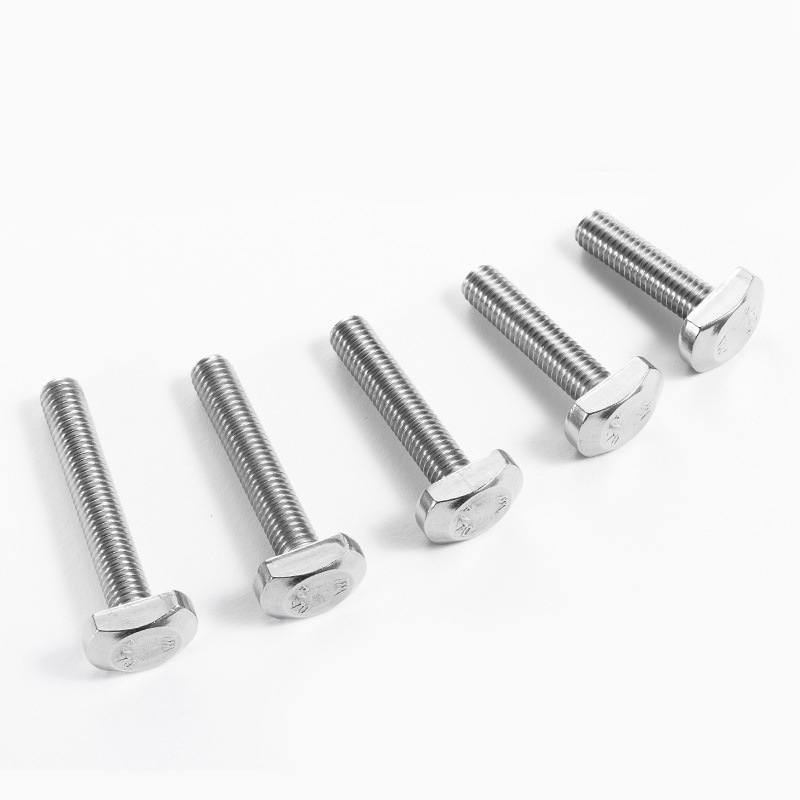

Understanding ASME B16.5 Stud Bolts Specifications and Applications in Industrial Settings for Optimal Performance
Aug . 09, 2024 06:20 Back to list
Understanding ASME B16.5 Stud Bolts Specifications and Applications in Industrial Settings for Optimal Performance
Understanding Stud Bolts and ASME B16.5 Standards
Stud bolts are integral components in various industries, especially in mechanical and structural applications. These fasteners, typically made of high-strength materials, are designed to provide robust connections for flanged joints, ensuring the integrity and reliability of the entire assembly. A critical standard governing the specifications and applications of stud bolts is the ASME B16.5.
What is ASME B16.5?
The ASME B16.5 standard, developed by the American Society of Mechanical Engineers, outlines the requirements for pipe flanges and flanged fittings, including their dimensions, tolerances, materials, and pressure-temperature ratings. This standard is crucial for industries such as oil and gas, chemical processing, and power generation, where flanged joints play a vital role in the safe and efficient transmission of fluids and gases.
Key Features of Stud Bolts
Stud bolts typically come in two general types fully threaded and partially threaded. The choice between these types depends on the specific requirements of the application. Fully threaded stud bolts have threads along their entire length, allowing for versatility in length and fit, while partially threaded studs often provide better clamping force and stability in certain applications.
The central feature of stud bolts is their ability to withstand high levels of stress and pressure. They are designed to maintain a solid grip under fluctuating temperatures and pressures, which is critical in preventing leaks in flanged joints. The material composition of stud bolts often includes various grades of carbon steel, alloy steel, and stainless steel, which enhances their strength and resistance to corrosion.
Application of Stud Bolts
stud bolt asme b16 5

Stud bolts are primarily used in the assembly of piping systems where pipe flanges need to be secured tightly. The bolting system generally includes two nuts and a washer on each end of the stud bolt. This configuration allows for even distribution of clamping force, essential for maintaining a proper seal and preventing leakage.
In industries dealing with high-pressure fluids, such as oil and gas, the reliability of stud bolts is paramount. Loose or improperly torqued bolts can lead to catastrophic failures, resulting in costly downtime and safety hazards. Therefore, adherence to standards such as ASME B16.5 is critical in ensuring that the specifications for these fasteners are met.
Compliance with ASME B16.5
The ASME B16.5 standard specifies the materials, dimensions, and pressure ratings of flanges and fittings to ensure they perform under the conditions for which they are designed. When selecting stud bolts for a specific application, it is crucial to consider the class of the flange and its corresponding pressure-temperature ratings as outlined in the standard.
Furthermore, the standard delineates the allowable stress values for various materials at different temperatures, which aids engineers in selecting appropriate stud bolts that meet the required safety and performance criteria.
Conclusion
In summary, stud bolts play a crucial role in the security and efficiency of flanged joints within piping systems. The ASME B16.5 standard provides essential guidelines that ensure these fasteners meet specific performance requirements while maintaining safety and reliability. By adhering to these standards, industries can significantly mitigate risks associated with fluid transmission, thereby enhancing operational integrity and reducing the likelihood of failures. As engineering applications continue to evolve, understanding the specifications and best practices associated with stud bolts remains fundamental for professionals within these critical sectors.
Latest news
-
Hot Dip Galvanized Bolts-About LongZe|High Strength, Corrosion Resistance
NewsJul.30,2025
-
High-Strength Hot Dip Galvanized Bolts - Hebei Longze | Corrosion Resistance, Customization
NewsJul.30,2025
-
Hot Dip Galvanized Bolts-Hebei Longze|Corrosion Resistance&High Strength
NewsJul.30,2025
-
High-Strength Hot-Dip Galvanized Bolts-Hebei Longze|Corrosion Resistance&High Strength
NewsJul.30,2025
-
Hot Dip Galvanized Bolts-Hebei Longze|Corrosion Resistance&High Strength
NewsJul.30,2025
-
Hot Dip Galvanized Bolts - Hebei Longze | Corrosion Resistance, High Strength
NewsJul.30,2025

